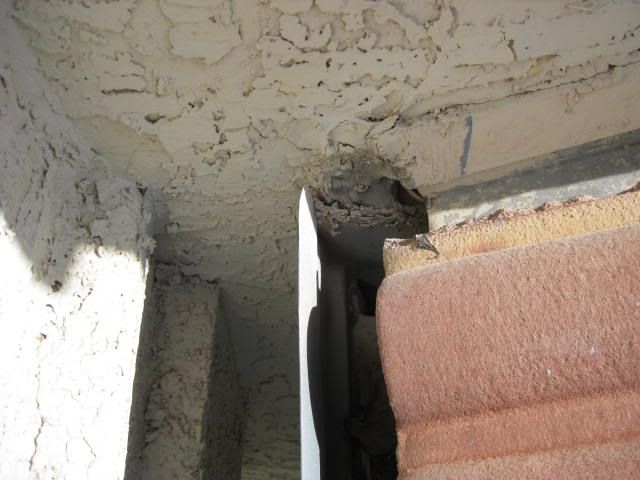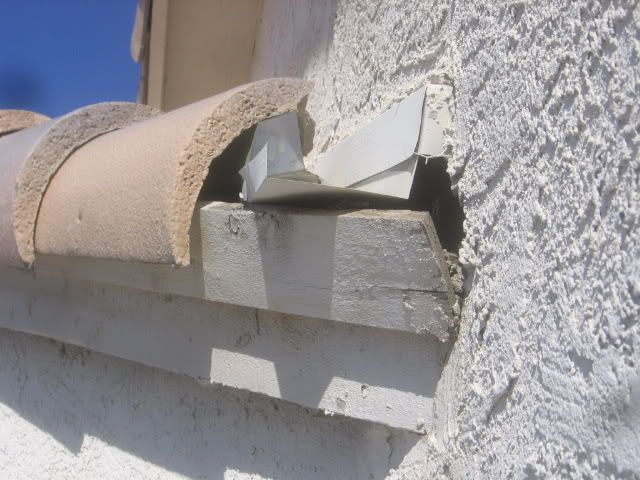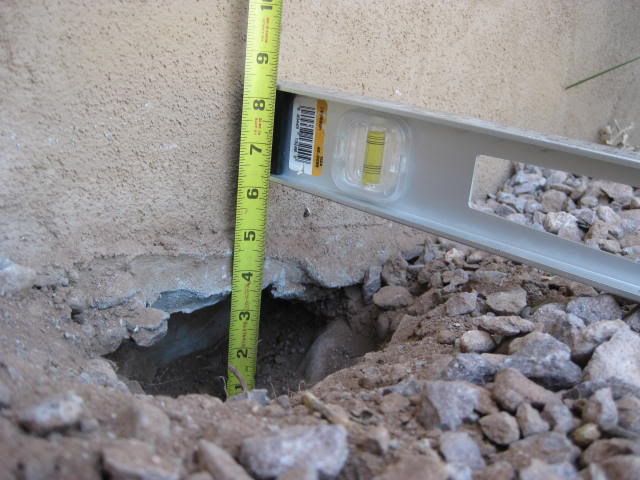Most of the homes built in the last 10 years in the Phoenix area are cement stucco finished, only in one subdivision did I actually find an issue with the stucco itself. I have inspected 1000’s of homes.
But I have NEVER inspected a home that the Cement Stucco was Flashed correctly at every location…Never.
There is not one home in the Phoenix area that I cannot find something wrong with the flashing. Water entry is caused by the lack of flashing, the flashing installed incorrectly, or combination of the two…missing and installed wrong.
So I don’t blame the stucco contractors directly for the flaws, it is a combination of the carpenters not installing the flashing correctly, the City Inspector not knowing (or caring) what the manufacturers specifications are for the various applications, and then the stucco contractor simply slapping the stucco on what ever is presented to them not caring if the home is flashed correctly or not.
If a home inspector is inspecting homes in a location of the country where stucco or EIFS is abundant he should certainly be aware of the various applications out there, and study the manufacturers installation recommendations for the flashing and the cement stucco.
EIFS is very rare in the Phoenix area, commercial buildings I have found it a couple times but not often. Most commercial buildings have far less concerns present than residential regardless of what type of cladding is installed.
I have to give some architects credit where credit is do also, some buildings are designed to leak the way the various roof lines dump water on windows, adjoining walls, etc.
Some custom homes make me wonder if the architect may have a drinking problem.
Here is an example of my first inspection yesterday, no Kick-Out, and poor design, which are both common here.

And then we have the Diverters installed incorrectly.

And of course grading issues.

I could go on and on, but the fact of the matter is nobody gives a damn from the beginning of construction to the end. And most laborers (so called carpenters) don’t have a clue how flashing is supposed to be installed because nobody ever taught them.
Home Inspectors should be highly aware that most of the problems with stucco is not the stucco, it’s the flashing.


